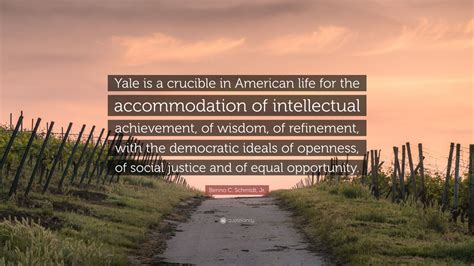A Quote by Johannes Grenzfurthner
Related Quotes
What I do think is important is this idea of a 'privacy native' where you grow up in a world where the values of privacy are very different. So it's not that I'm against privacy but that the values around privacy are very different for me and for people who are younger than my parent's generation, for whom it's weird to live in a glass house.
I really wish that peoplewould just say, 'Yes, it's a comic. Yes, this is fantasy. Yes, this is Science Fiction,' and defend the genre instead of saying, 'Horror is a bit passe so this is Dark Fantasy,' and that' s playing someone else's game. So that's why I say I'm a fantasy writer and to hell with 'It doesn't read like what I think of as a fantasy'. In that case what you think of as a fantasy is not a fantasy. Or there is more to it than you think.
I don't think he would have had any trouble answering Justice Sonia Sotomayor's excellent challenge in a case involving GPS surveillance. She said we need an alternative to this whole way of thinking about the privacy now which says that when you give data to a third party, you have no expectations of privacy. And [Louis] Brandeis would have said nonsense, of course you have expectations of privacy because it's intellectual privacy that has to be protected. That's my attempt to channel him on some of those privacy questions.








































